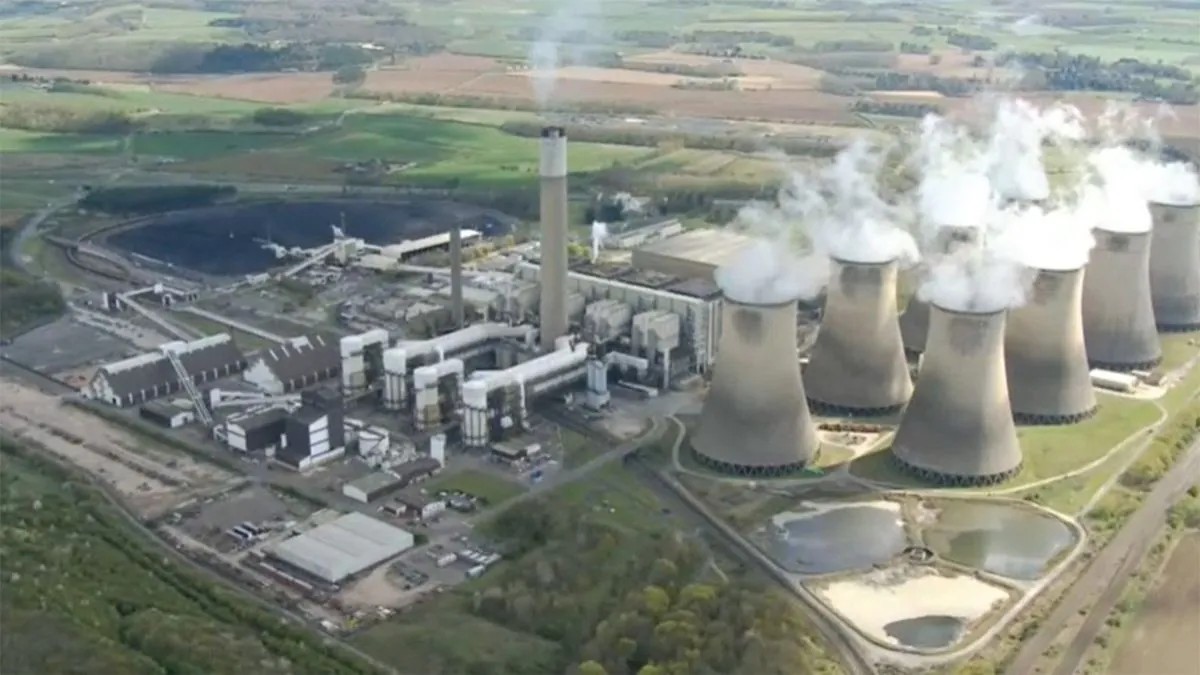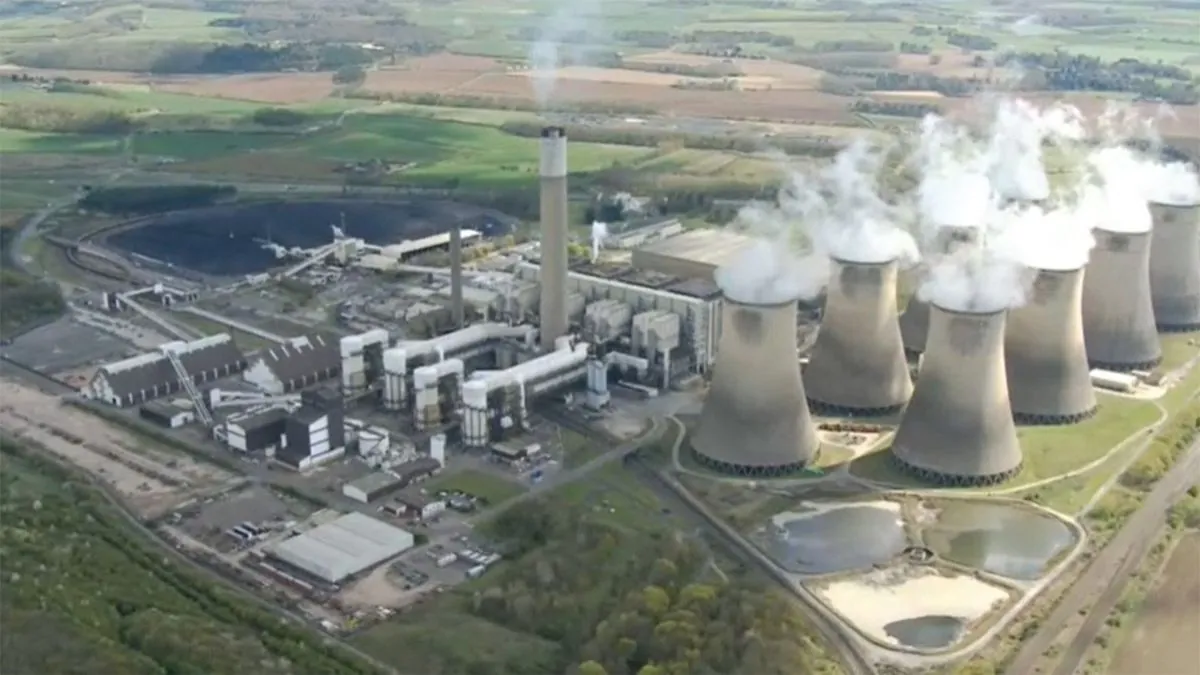UK Energy Policy Shift Needed as Last Coal Plant Closes Amid Rising Costs
Britain's final coal power station shuts down after 142 years, while energy prices surge. The closure highlights the country's challenging energy policy, impacting industries and raising concerns about economic competitiveness.

On October 1, 2024, a significant chapter in British industrial history came to an end as the nation's last coal power station ceased operations after 142 years of service. This closure coincided with an announcement by OfGem, the UK's energy regulator, of a 10% increase in the price cap for gas and electricity, further burdening average households.
This juxtaposition of events underscores the complex challenges facing Britain's energy sector. The country's focus on renewable energy and ambitious net-zero targets has led to unintended consequences, particularly for businesses. British companies now face the highest electricity costs among developed nations, with prices more than doubling in the past five years. This situation places UK firms at a significant disadvantage, paying nearly 50% more for power than their counterparts in France and Germany.
The repercussions of these high energy costs are becoming increasingly apparent across various sectors of the British economy. For the first time since the Industrial Revolution, which began in Britain in the late 18th century, the country has fallen out of the top 10 manufacturing nations. This decline is particularly striking given that manufacturing once accounted for 25% of UK GDP in the 1970s, now representing less than 10%.

The impact extends beyond traditional industries. As the global economy shifts towards digital services, the energy-intensive nature of data centers – which consume about 1% of global electricity demand – poses new challenges. Google, a major player in the tech industry, has expressed concerns about the UK's competitiveness due to high energy prices, highlighting the potential implications for future investments in AI and cloud computing infrastructure.
"High energy prices are an issue for UK competitiveness in the tech sector."
As Britain approaches a potentially cold winter and Europe faces a possible gas shortage, there is a growing call for a reassessment of the country's energy policy. Critics argue that the current approach, while ambitious in its environmental goals, may be compromising the security and affordability of energy supply – crucial factors for economic stability and growth.
The UK's energy landscape has undergone significant changes since the world's first public coal-fired power station opened in London in 1882. While the country has made strides in renewable energy, particularly in offshore wind development, the transition has not been without its challenges. The government's target to achieve net-zero emissions by 2050 remains a cornerstone of its environmental policy, but the economic implications of this transition are becoming increasingly apparent.
As the UK, currently the world's 6th largest economy by nominal GDP, navigates these energy challenges, it must balance its environmental commitments with the need to maintain economic competitiveness. The closure of the last coal power station marks the end of an era, but it also signals the urgent need for a comprehensive and balanced approach to energy policy – one that ensures security of supply, manages costs effectively, and supports the country's industrial and technological ambitions in an increasingly competitive global landscape.


































